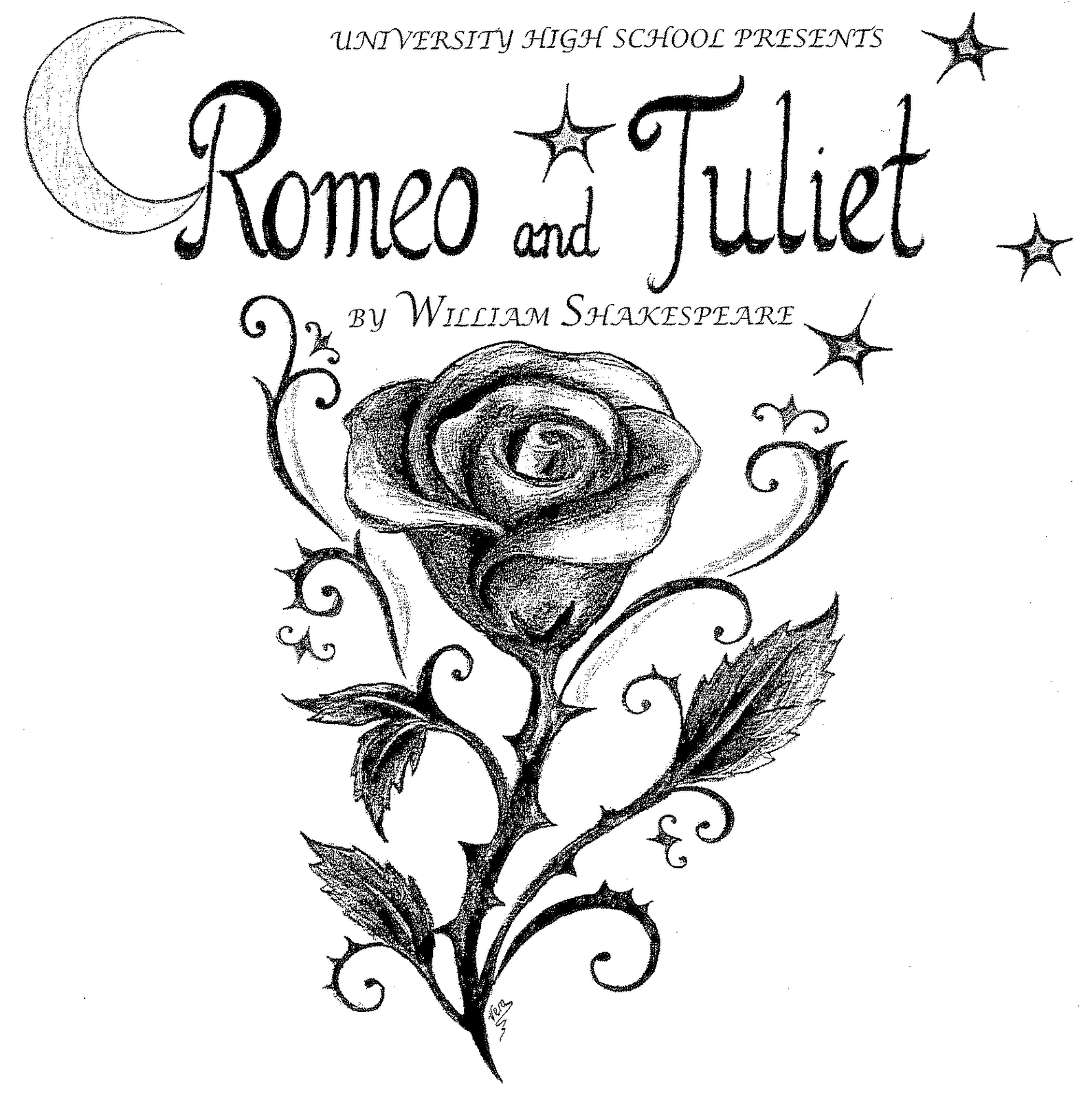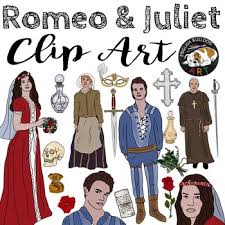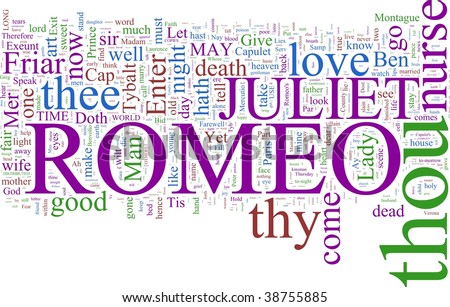https://www.amazon.com/BBC-Television-Shakespeare-Romeo-Juliet
BBC Television Shakespeare: Romeo and Juliet 1978
Chagall Romeo and Juliette (Romeo and Juliet), 1964 is particularly remarkable due to its impressive size and superb color quality. Combining images of Paris, the figures of Romeo and Juliet and signature elements such as the horse and bouquet of flowers, Chagall captures a sense of romance and history. The great monuments of Paris function as a backdrop for the timeless love of Romeo and Juliet how appear floating through the sky. The two appear again encircled by the light of the moon in the upper right-hand corner, possibly symbolizing their eternal unity and undying love.
The happy picture of the couple creates a feeling of tension, because viewers knowing that Romeo and Juliet are doomed will recognize that this happiness is only temporary.
The happy picture of the couple creates a feeling of tension, because viewers knowing that Romeo and Juliet are doomed will recognize that this happiness is only temporary.

Act 2.2, lines 43-44
"That which we call a rose/By any other word would smell as sweet?"
As individuals, Romeo and Juliet love each other; as members of feuding families, they know their love will be difficult.
This develops the central theme of individual identity versus group identification.






Vocabulary
rapier - slender sword
effeminate - having feminine qualities
fate - a power that is believed to control what happens to a person in the future
fortune - the good and bad events that happen to a person
exile - force (someone) to go live in a distant place or foreign country
Does Romeo control his own destiny? - central idea of fate
Shakespeare develops this central idea by raising the question of whether Romeo controls his own destiny. Although Romeo chooses to kill Tybalt saying " way to heaven, respective lenity, And fire-eyed fury be my conduct now" he does so only after learning of Mercutio's death "this day's black fate". The line "I am fortune's fool" develops the idea that Romeo is not in control of these events or what happens later in the play.
Large social forces (Montague and Capulet feud) create a destructive frame around Romeo and Juliet.
Part of Shakespeare's point is that the older generation has a responsibility to act like adults precisely to protect young people who may not be able to.

